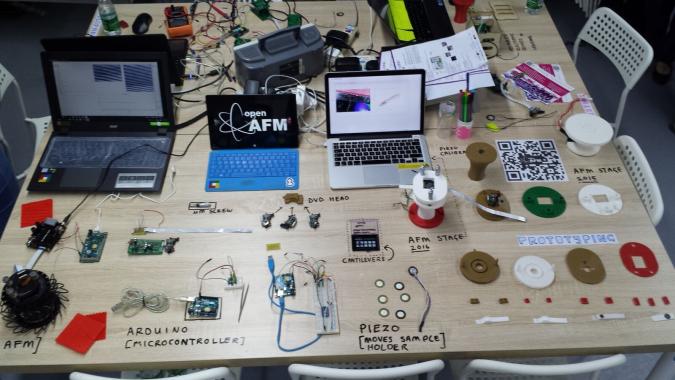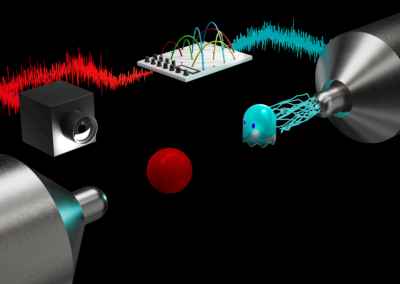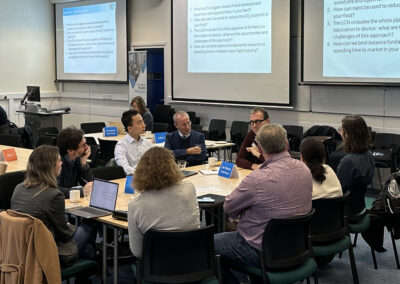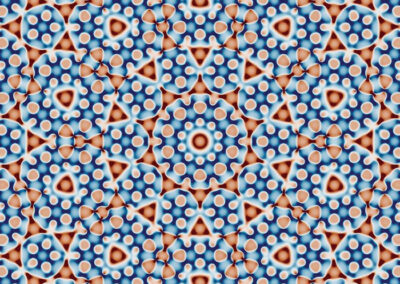LCN students and staff have been involved in an international collaboration in which the LEGO2NANO and OpenAFM projects joined forces with a new initiative – the ODD Summer. This collaboration was designed to produce real world solutions to some of the challenges encompassed by the 17 UN Sustainable Development Goals (SDGs) or or Objectifs de Développement Durable (ODD) outlined by the United Nations in September 2015.
The ODD 2016 programme brought together students from the University of Geneva (UNIGE), UCL and Tsinghua University in China as well as others from around the world. The participants worked in teams with the support of UN agencies, the Red Cross and the World Health Organisation, as well as manufacturers and design workshops based in Shenzhen, China.
13 students participated from UCL, ranging from first year undergraduate to final year PhD level. The students spent a week in Geneva working with UN bodies and learning about the SDGs, followed by two weeks in China working on a deliverable response.
One of the many innovative outcomes developed by the students was a device to detect arsenic in drinking water. The students have continued working with their counterparts from Tsinghua University and have looked at ways to fund the ongoing development of the product.
Dr Joe Bailey, the lead UCL coordinator for this summer’s events, is a researcher from the LCN. Dr Bailey has been collaborating closely with Prof Francois Grey of the Tsinghua and Geneva groups since 2013 when he spent 4 months in Beijing working on developing low cost open source hardware for science. This summer’s activities built and expanded on this work with particular attention to the sustainable development goals, utilising the unique connections UNIGE has in this field.
Joe said “the activities have been seen as a major success at our partner universities overseas and at the UN. There are now commitments there to repeat and expand the summer program for next year. We are also going to support the ongoing collaborations that the UCL students have started. I hope that many more students can take part in this innovative programme that challenges them to broaden their horizons and work with counterparts from around the world”
The ODD 2016 programme was supported by the London Centre for Nanotechnology, The Institute of Making (UCL), The Laboratory for Lifelong Learning (Tsinghua) and the Citizen Cyberlab (Geneva).
You can read more about the ODD Summer programme on the Institute of Making’s website: http://www.instituteofmaking.org.uk/blog/2016/11/odd-summer-2016.
This article is also on the UCL Mathematical and Physical Sciences website.



